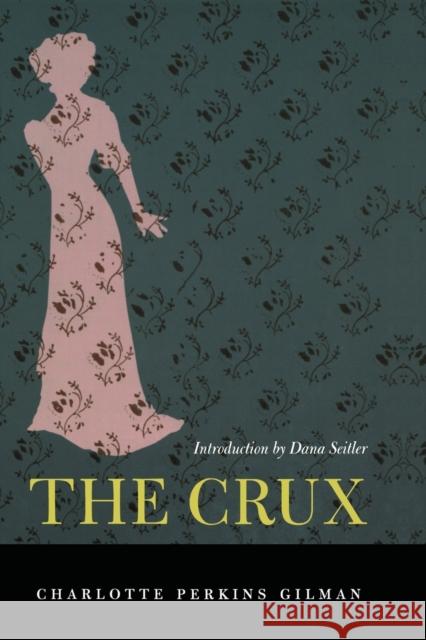The Crux » książka
The Crux
ISBN-13: 9780822331674 / Angielski / Miękka / 2003 / 184 str.
The Crux
ISBN-13: 9780822331674 / Angielski / Miękka / 2003 / 184 str.
(netto: 111,45 VAT: 5%)
Najniższa cena z 30 dni: 99,10
ok. 22 dni roboczych.
Darmowa dostawa!
Long out of print, Charlotte Perkins Gilman's novel "The Crux" is an important early feminist work that brings to the fore complicated issues of gender, citizenship, eugenics, and frontier nationalism. First published serially in the feminist journal "The Forerunner "in 1910, "The Crux "tells the story of a group of New England women who move west to start a boardinghouse for men in Colorado. The innocent central character, Vivian Lane, falls in love with Morton Elder, who has both gonorrhea and syphilis. The concern of the novel is not so much that Vivian will catch syphilis, but that, if she were to marry and have children with Morton, she would harm the "national stock." The novel was written, in Gilman's words, as a "story . . . for young women to read . . . in order that they may protect themselves and their children to come." What was to be protected was the civic imperative to produce "pureblooded" citizens for a utopian ideal.
Dana Seitler's introduction provides historical context, revealing "The Crux" as an allegory for social and political anxieties--including the rampant insecurities over contagion and disease--in the United States at the beginning of the twentieth century. Seitler highlights the importance of "The Crux" to understandings of Gilman's body of work specifically and early feminism more generally. She shows how the novel complicates critical history by illustrating the biological argument undergirding Gilman's feminism. Indeed, "The Crux" demonstrates how popular conceptions of eugenic science were attractive to feminist authors and intellectuals because they suggested that ideologies of national progress and U.S. expansionism depended as much on women and motherhood as on masculine contest.











